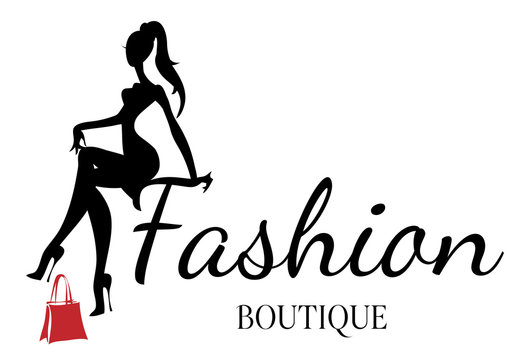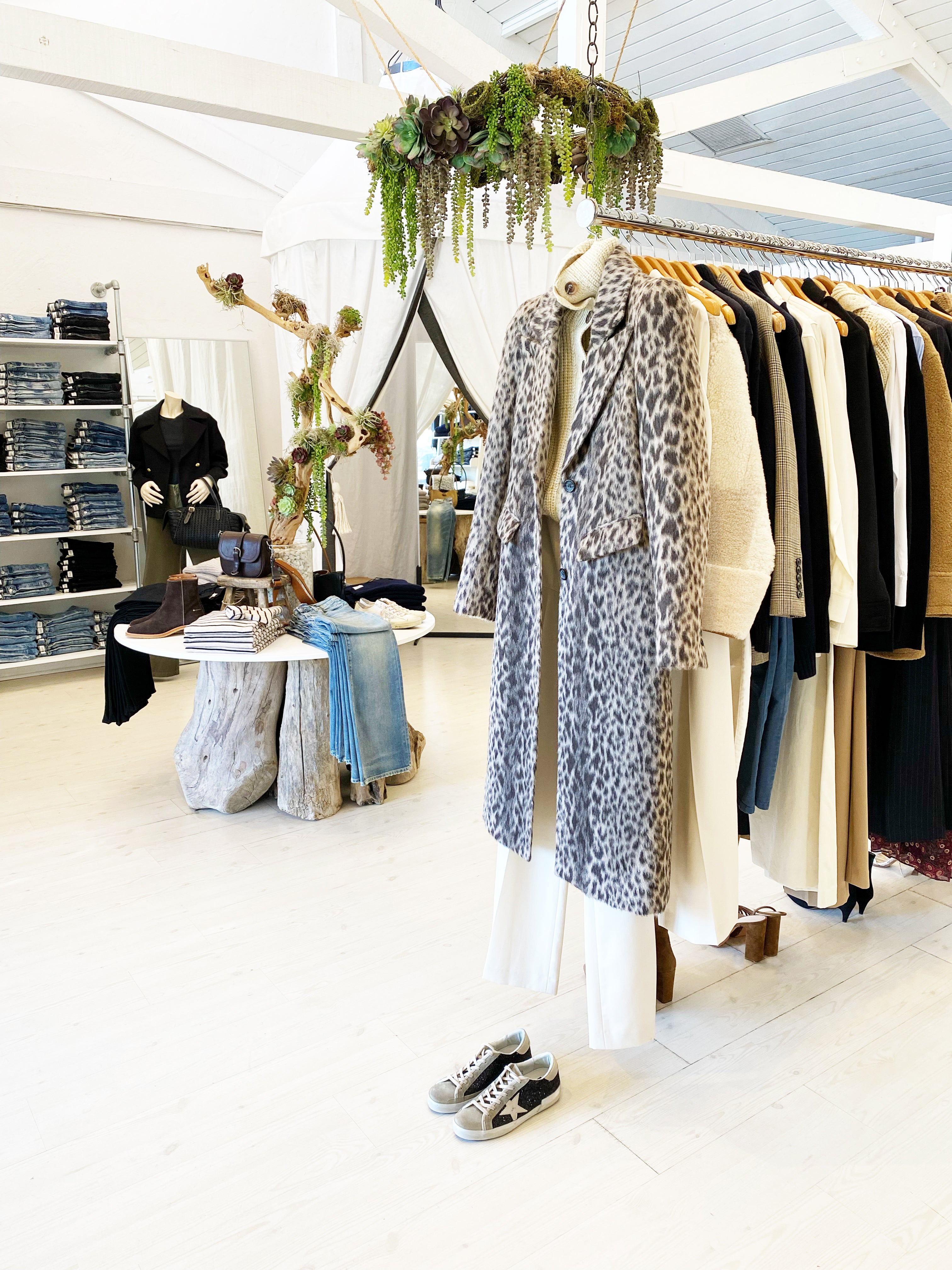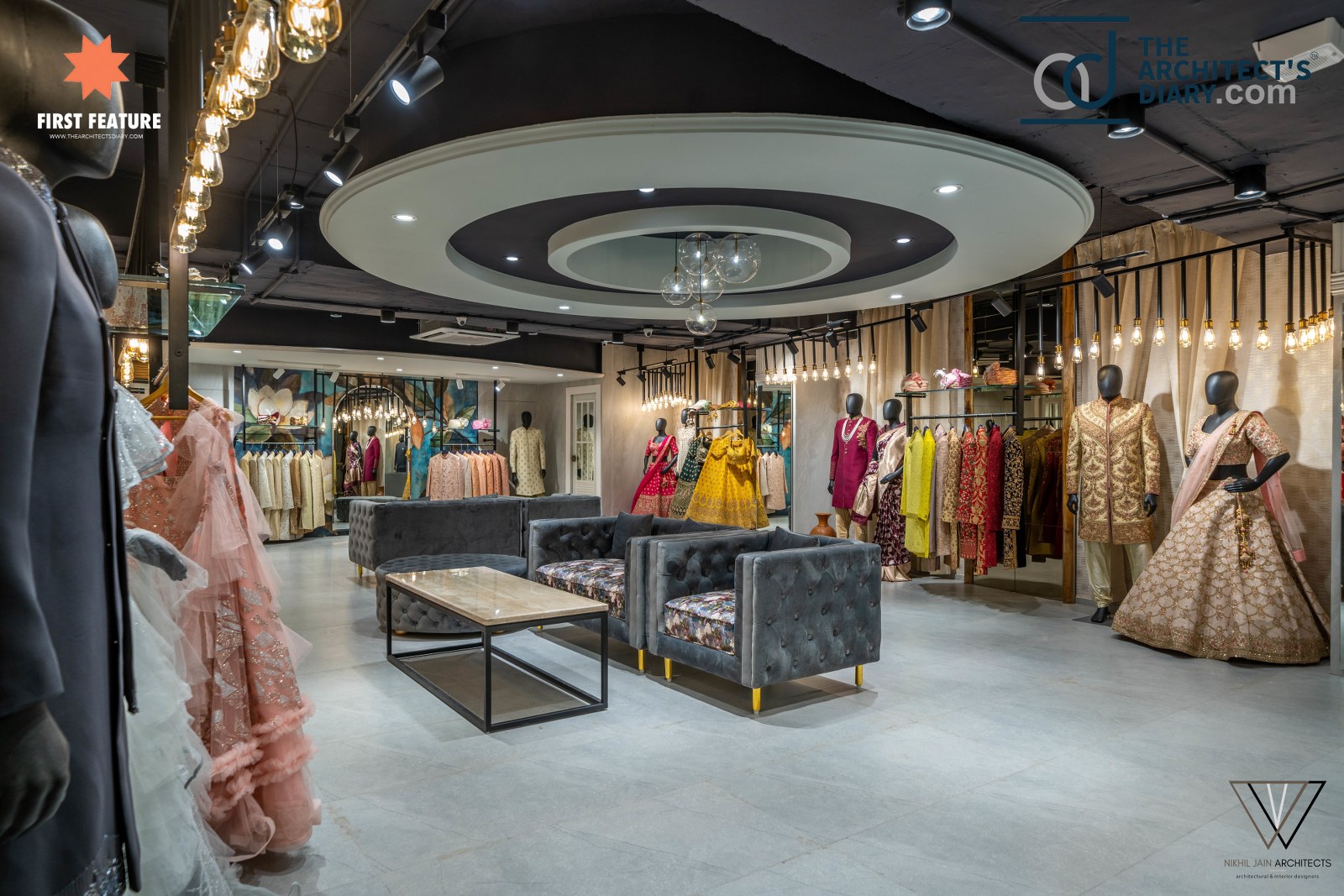Discovering the Advancement and Impact of Clothing on Modern Fashion Trends
The advancement of clothing has considerably influenced contemporary fashion trends, merging historical criteria with advanced developments. Famous figures like Coco Chanel and Yves Saint Laurent transformed the fashion market by introducing principles that focus on convenience and availability, which continue to reverberate today.
Historic Style Influencers
In the tapestry of fashion background, specific figures have actually left an enduring mark, forming the fads and styles that define entire eras. Coco Chanel, a cutting edge designer, redefined females's style by presenting comfortable, classy clothing that left from restrictive corsets.
Elsa Schiaparelli is another crucial figure, renowned for her avant-garde styles that included surrealist art, collaborating with Salvador Dalí to produce whimsical items that tested traditional appearances. Her cutting-edge use shade and vibrant patterns resounds in contemporary fashion. Yves Saint Laurent, at the same time, equalized haute couture with prêt-à-porter collections, bringing runway designs to the masses and establishing a precedent for modern ready-to-wear lines.
These visionaries, to name a few, not only changed style in their times however likewise set withstanding fads that reverberate in today's apparel industry, giving a foundation upon which contemporary developers proceed to construct and introduce. Their traditions highlight the significance of imagination and bold in style's ever-evolving narrative.
Technical Developments in vogue
In the middle of the vibrant landscape of the garment industry, technological improvements stand at the center of technology, reshaping how developers develop and consumers engage with fashion. The assimilation of 3D printing has transformed design processes, enabling developers to try out complex frameworks and lasting products that were previously inconceivable. This innovation assists in quick prototyping, lowering waste and accelerating manufacturing times.

Smart textiles, embedding modern technology right into materials, are likewise changing the sector. Advancements like self-cleaning and temperature-regulating materials supply improved capability and convenience. Wearable technology, integrating functions like health and fitness tracking and interaction, includes a new measurement to style, merging appearances with functionality.
Cultural Changes and Style
As technical innovations continue to reshape the fashion business, social changes are similarly prominent, redefining design and consumer choices. Recently, the rise of social media systems has sped up the dissemination of worldwide fashion trends, permitting diverse social impacts to assemble and exist together. This electronic interconnectivity has actually assisted in the quick exchange of ideas, leading to a more comprehensive and eclectic interpretation of style that shows the diverse nature of contemporary culture.
Cultural recognition and admiration have triggered designers to attract inspiration from a more comprehensive range of ethnic and historical contexts, incorporating typical concepts with modern aesthetic appeals. This blend has led to style that resonates with a bigger Learn More audience, advertising a sense of identification and belonging throughout various demographics. Furthermore, the increasing demand for customization has driven brands to provide personalized check that alternatives, enabling consumers to reveal uniqueness while mirroring their cultural heritage.
Furthermore, moving societal values have influenced fashion, with inclusivity and diversity ending up being central motifs. The market has begun to welcome designs and influencers of different body types, ethnicities, and sex identifications, tough conventional elegance standards. This transformation underscores the power of social shifts fit the future of style, as style comes to be a more genuine expression of individual and collective identification.
Sustainability and Modern Layout
While the style sector remains to develop, the essential for sustainability has actually come to be increasingly immediate, influencing modern design techniques. This change aims to address ecological concerns and moral factors to consider, resulting in a reevaluation of traditional manufacturing methods. Developers are now incorporating sustainable products, such as organic cotton, recycled polyester, and naturally degradable materials, right into their collections, lowering the environmental impact of fashion. The rise of slow style, which stresses quality over amount, encourages customers to buy timeless pieces rather than short-term fads.
Furthermore, contemporary layout is defined by its innovation in lessening waste and advertising circularity. This technique not only minimizes environmental influence yet also improves the social responsibility of fashion residences.

Future Trends in Style

Sustainability will certainly continue to be a driving force in shaping future fashion trends. The industry is increasingly adopting green their website materials and honest production approaches, responding to an expanding consumer need for accountable techniques. Developments such as bio-fabricated products and closed-loop recycling systems are set to redefine just how clothes is generated and consumed, lowering environmental effect while maintaining style and top quality.
Cultural shifts, consisting of the rise of inclusivity and diversity, will certainly also play an essential role. As society comes to be more familiar with social concerns, fashion is expected to become a platform for expression and modification. Developers will likely concentrate on creating collections that show a more comprehensive series of experiences and identities, promoting depiction and accessibility.
Final Thought
The advancement of clothing considerably affects modern-day style trends, where historical influences merge with modern layouts. Trick numbers like Coco Chanel and Yves Saint Laurent have redefined style, while technological developments such as 3D printing and wise fabrics increase imaginative opportunities. Social changes in the direction of inclusivity and sustainability compel brands to accept and embrace honest methods variety. This continuous development highlights style's function as a mirror to social values and technological improvement, suggesting a future rich with development and inclusivity.
The evolution of apparel has actually substantially influenced modern style patterns, merging historical criteria with innovative developments.Amidst the vibrant landscape of the fashion industry, technical advancements stand at the leading edge of advancement, improving how developers create and consumers engage with fashion.While the fashion market continues to evolve, the essential for sustainability has actually ended up being increasingly immediate, influencing modern-day style practices. As sustainability comes to be embedded in modern-day design, it leads the method for an extra mindful and responsible style industry.
The development of clothing substantially impacts modern-day fashion patterns, where historic influences combine with contemporary styles.